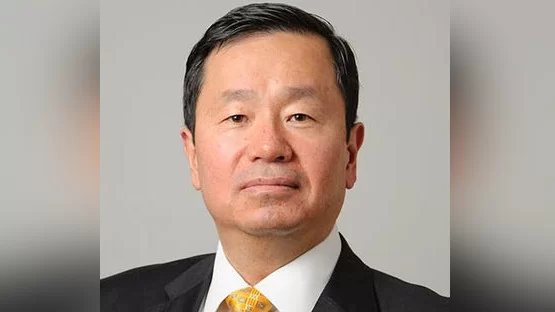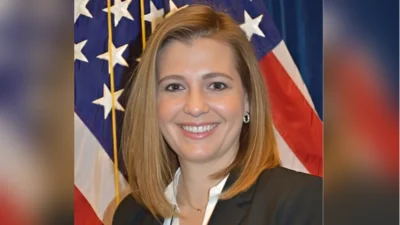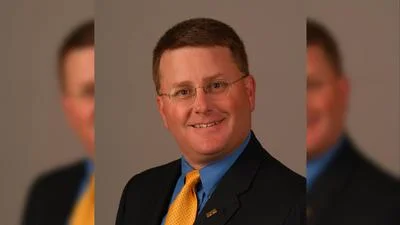Mun Y. Choi, PhD, President | University of Missouri
Mun Y. Choi, PhD, President | University of Missouri
On Apr 30, 0202, Zheng Yan and a team of researchers at the University of Missouri achieved a significant advancement in the development of an on-skin wearable bioelectronic device. The breakthrough involves wireless charging through a magnetic connection, paving the way for precise vital sign measurements without the need for batteries.
"A watch is a hard surface, so it’s not as effective as our material in providing accurate vital sign tracking," highlighted Zheng Yan, an associate professor in Mizzou’s College of Engineering. He emphasized the importance of their porous, soft material in maintaining stable electrical currents during movement, enhancing the accuracy of wearable bioelectronics.
Yan envisions a future where affordable customized electronics can facilitate early interventions for chronic diseases. He stated, "If we can make affordable, customized electronics and equip our bodies with these devices, we can take proactive actions at the early stages of some diseased conditions and dramatically change and reshape our future."
The team's ultimate goal is to enable long-term self-health monitoring and seamless wireless information sharing with healthcare providers. Yan overcame a significant challenge by establishing an accurate, wireless connection for the device, moving closer to revolutionizing healthcare practices.
Additionally, Yan and his team are exploring integrating their soft material with implanted devices like pacemakers, aiming for more reliable and timely health signal detections. This innovative approach eliminates the need for Bluetooth technology and batteries, enhancing the safety and effectiveness of medical applications.
The research, titled "Phase-separated porous nanocomposite with ultralow percolation threshold for wireless bioelectronics," signifies a significant step towards transforming the landscape of wearable health devices. By combining expertise and cutting-edge technology, the University of Missouri continues to drive advancements that have the potential to save lives and redefine healthcare practices.



 Alerts Sign-up
Alerts Sign-up